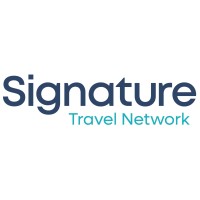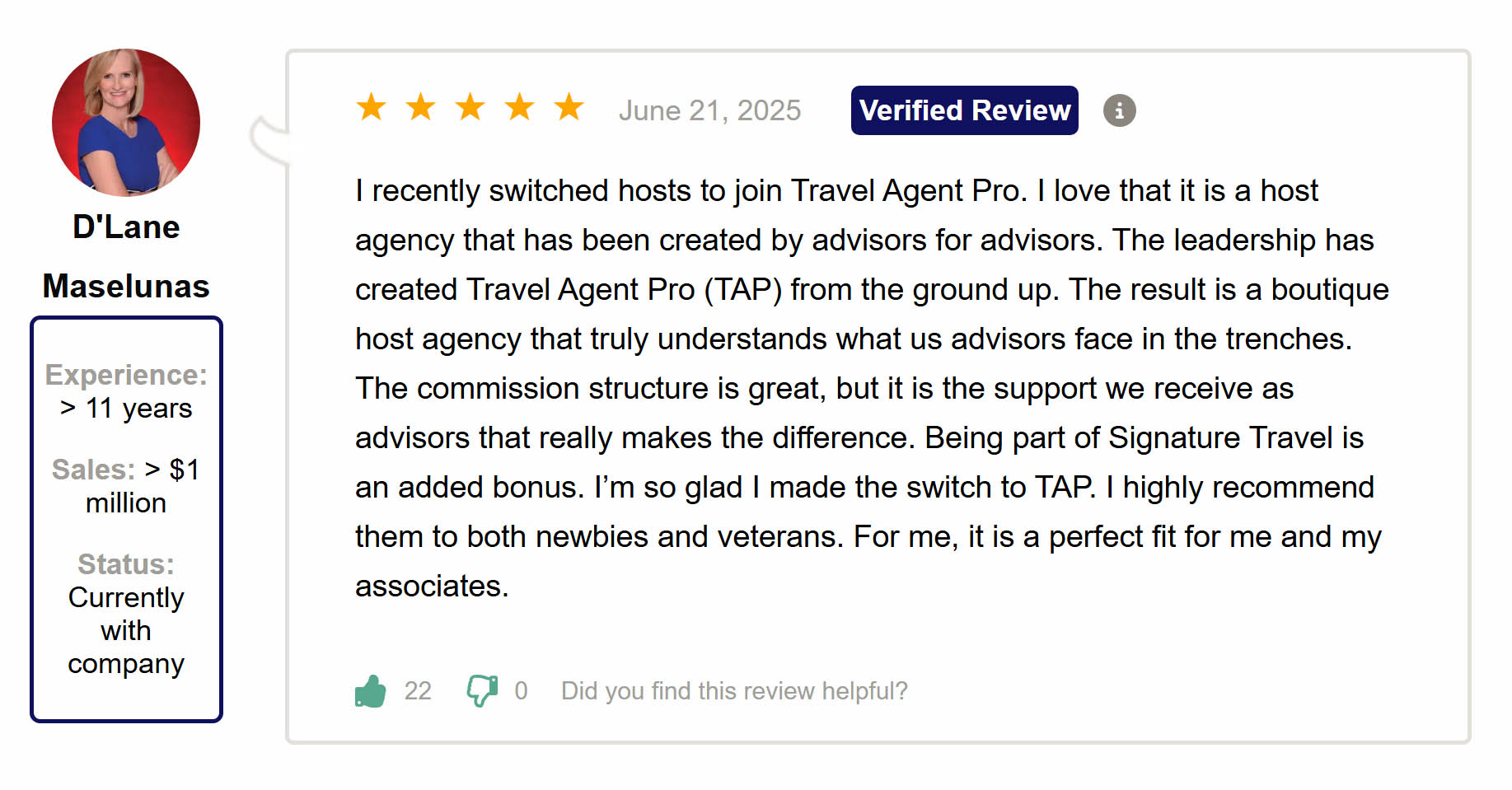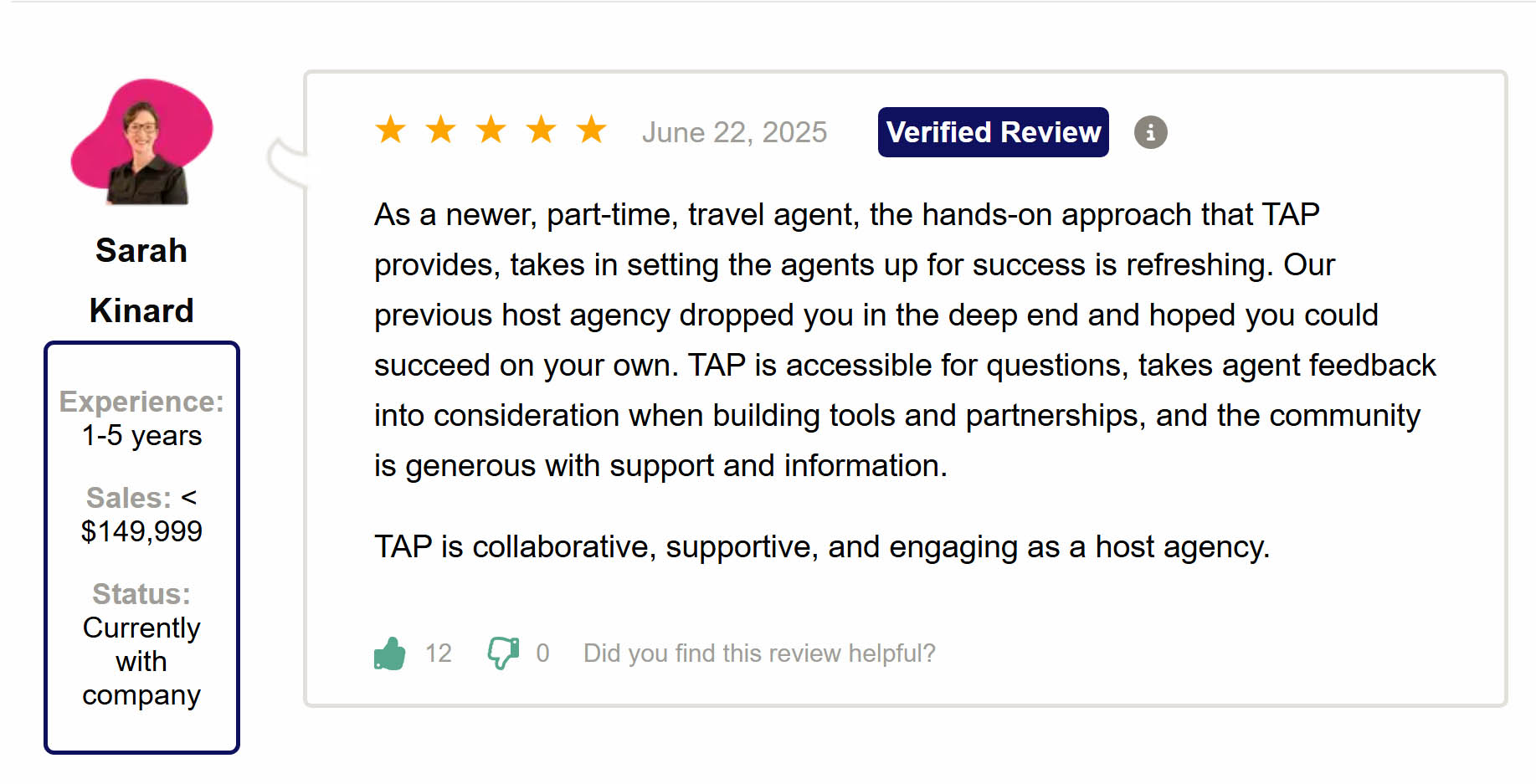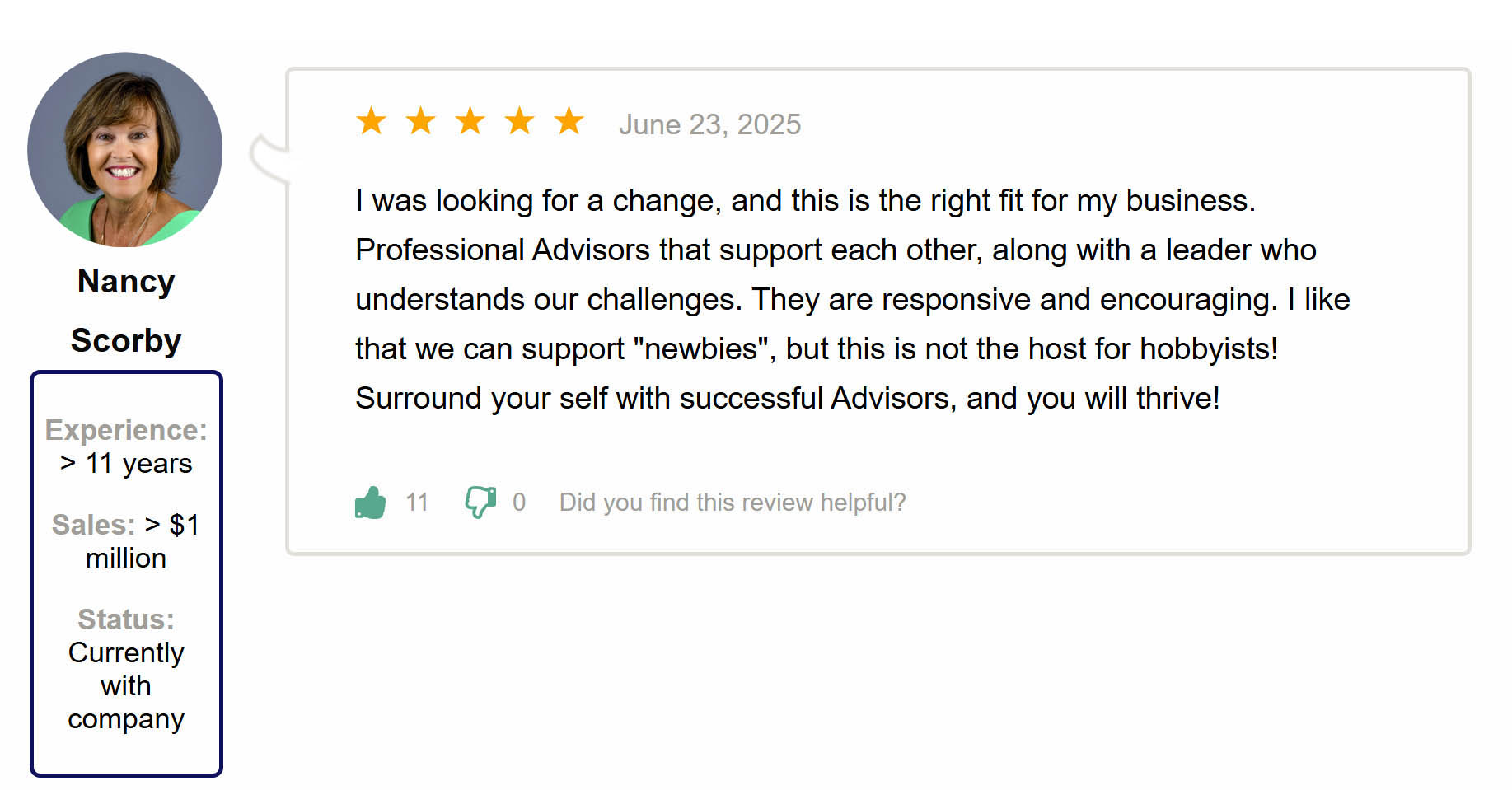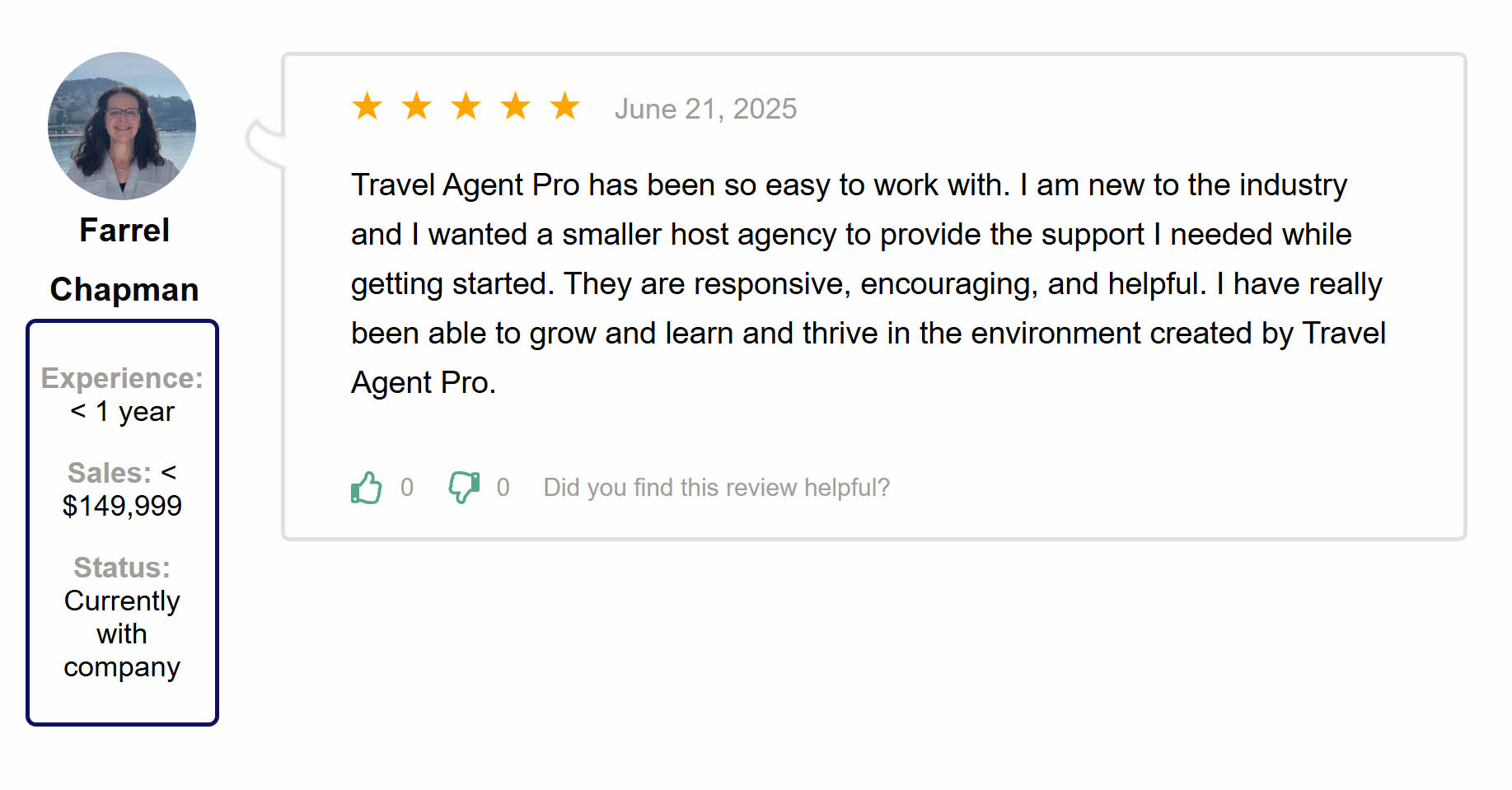Tags :
MarketingComprehensive Marketing Audit for Travel Agents
To learn more techniques and how to create and grow your own travel business, sign-up to become a member today!
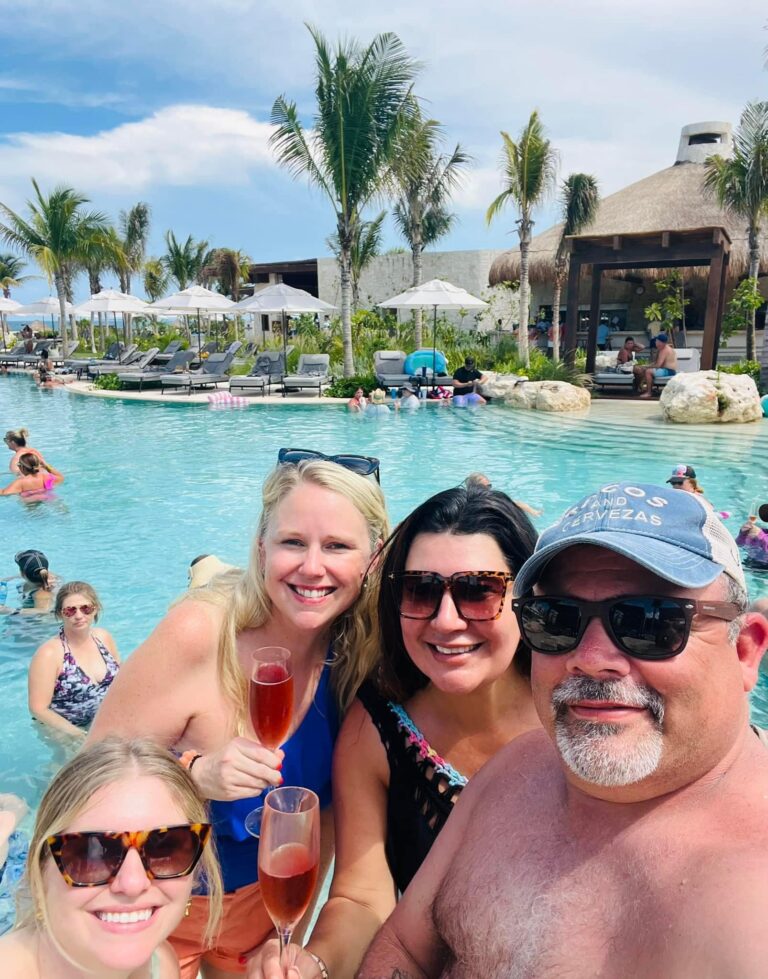
Comprehensive End-of-Year Marketing Audit for Travel Agents & Agencies
Conducting a year-end marketing audit is essential for assessing your success as a travel agent.
You can identify areas of improvement, and plan for growth.
Here is a detailed breakdown based on key sections, expanded to highlight their importance for travel agents.
1. Goals and ROI
Key Questions to Address:
- Did we meet our 2024 marketing goals? Why or why not?
- What was the ROI for each marketing channel?
- Which campaigns generated the most bookings or inquiries?
Why It Matters:
Goals provide direction and purpose for your marketing efforts. Evaluating your Return on Investment (ROI) helps determine which strategies are profitable and worth continuing. For travel agencies, understanding campaign performance can illuminate which tours, packages, or destinations resonate most with clients.
Actionable Insights:
- Review KPIs: Look at metrics like leads generated, conversion rates, and overall revenue.
- Focus on Profitable Campaigns: Replicate or scale successful campaigns in 2025.
- Learn from Shortfalls: Identify barriers to achieving goals, such as budget constraints or execution delays.
2. Target Audience
Key Questions to Address:
- Did we effectively reach our target audience?
- Were we clear on our niche, and did our messaging resonate with them?
- Are there new audience segments to consider for 2025?
Why It Matters:
As a travel agent, knowing your ideal client—whether families, honeymooners, or luxury travelers—is critical for tailoring campaigns. Expanding into new niches, like group travel or destination weddings, can unlock fresh revenue streams.
Actionable Insights:
- Reassess Audience Demographics: Adjust for trends or shifts in travel preferences.
- Tailor Messaging: Ensure your content speaks directly to your audience’s needs and aspirations.
- Test New Segments: Explore emerging markets, like eco-conscious travelers or digital nomads.
3. Channel Performance
Key Questions to Address:
- Which channels drove the most engagement, traffic, and sales?
- Were there any underperforming channels? Why?
- Can we expand into platforms like Pinterest or TikTok?
Why It Matters:
Maximizing the effectiveness of your marketing channels ensures you're reaching clients where they spend the most time. For example, visual platforms like Instagram and TikTok are ideal for showcasing travel destinations.
Actionable Insights:
- Double Down on High-Performers: Invest more in top-performing platforms.
- Audit Underperformers: Analyze why certain channels lagged (content quality, targeting issues, etc.).
- Expand Wisely: Experiment with new platforms aligned with your audience.
4. Content and Messaging
Key Questions to Address:
- What content types performed best (e.g., reels, blogs, testimonials)?
- Was the messaging aligned with our brand?
- Did we create enough content for each buyer phase?
Why It Matters:
Compelling content inspires action. For travel agents, visually rich media and testimonials can showcase the value of your services, while strategic messaging builds trust and aligns with client needs.
Actionable Insights:
- Content Strategy: Create a balanced mix of content for awareness (blogs), consideration (case studies), and conversion (promotions).
- Brand Consistency: Ensure tone and visuals reflect your agency's values and expertise.
- Leverage UGC: Use client photos or videos for authentic storytelling.
5. Marketing and Budget
Key Questions to Address:
- Did we stay within budget?
- What was our Client Acquisition Cost (CAC)?
- Which ad campaigns had the highest ROAS?
Why It Matters:
Efficient spending is essential to scaling a business. By monitoring CAC and ROAS, travel agencies can optimize their marketing efforts for profitability.
Actionable Insights:
- Reallocate Budget: Shift funds from low-performing ads to high-ROI campaigns.
- Optimize CAC: Focus on organic strategies like referrals or email marketing to reduce costs.
- Test and Diversify: Experiment with new ad formats to expand reach.
6. Conversion and Sales Funnel
Key Questions to Address:
- How effective was the sales funnel?
- Did we provide a seamless inquiry-to-booking experience?
- Were there friction points?
Why It Matters:
A streamlined sales funnel converts leads into loyal clients. Any friction can result in lost bookings.
Actionable Insights:
- Analyze Drop-Offs: Identify where potential clients exit the funnel (e.g., unclear pricing, slow response times).
- Enhance Follow-Ups: Use email automation or CRM tools for timely communication.
- Refine Booking Processes: Simplify steps and offer clear, actionable next steps.
7. Client Engagement and Retention
Key Questions to Address:
- How engaged were existing clients?
- Did we leverage loyalty or referral programs effectively?
- How well did we nurture leads?
Why It Matters:
Retaining clients is more cost-effective than acquiring new ones. Building strong relationships also leads to referrals and repeat business.
Actionable Insights:
- Enhance Loyalty Programs: Offer perks like discounts for repeat bookings.
- Personalize Communication: Tailor messages based on past travel preferences.
- Encourage Referrals: Reward clients who refer friends and family.
8. Team and Tools
Key Questions to Address:
- Did our team have the resources needed?
- Were our marketing processes streamlined?
- What new technology should we invest in?
Why It Matters:
Equipping your team with the right tools and training ensures smoother execution and better results.
Actionable Insights:
- Audit Tools: Evaluate if current software meets your needs.
- Streamline Processes: Reduce inefficiencies through automation or clearer workflows.
- Upskill Staff: Provide training in emerging marketing trends or platforms.
9. Competitor Analysis
Key Questions to Address:
- What did competitors do better?
- Did we stand out in our niche?
Why It Matters:
Keeping tabs on competitors helps you adapt to market trends and maintain a competitive edge.
Actionable Insights:
- Benchmark Strategies: Study competitors’ campaigns to identify gaps.
- Differentiate Your Brand: Emphasize unique selling points (e.g., exclusive packages or concierge service).
10. Lessons Learned
Key Questions to Address:
- What were the biggest wins?
- What mistakes can we learn from?
- What should we prioritize in 2025?
Why It Matters:
Reflecting on successes and failures ensures continuous improvement and strategic planning.
Actionable Insights:
- Celebrate Wins: Analyze successful strategies to replicate in the future.
- Address Failures: Develop solutions for recurring issues.
- Focus on Growth: Set clear, actionable goals for 2025.
By systematically addressing these areas, travel agents and travel agencies can refine their approach, improve client acquisition, and set the stage for greater success in the upcoming year.
Learn more about this by signing up as a member, today! Travel Agent Pro Application Form.
To learn more techniques and how to grow your travel business, read more on our Pathfinder Series.

